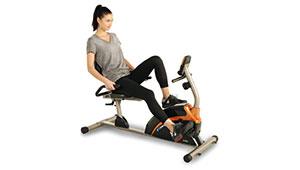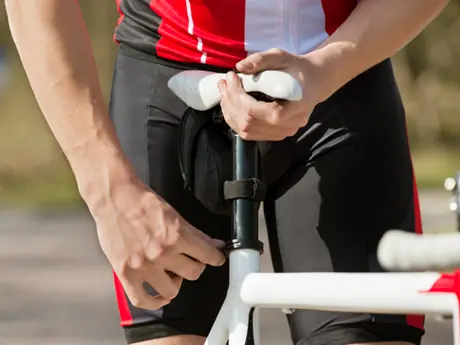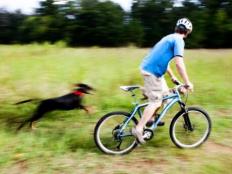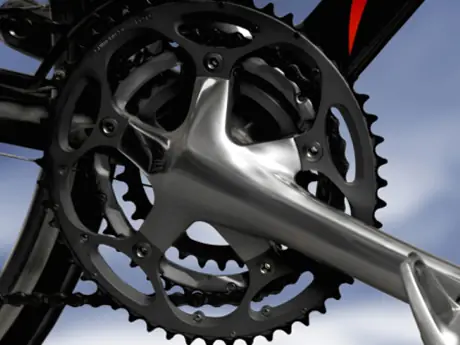Be a Better Climber
Our shoulders become stiff and our hands grab at the bars when the tough climbs come. But in reality, this may hinder our performance and make climbing more difficult than it already is.
Tensing the upper body and pulling hard on the bars when climbing may make you mash the pedals in the push phase more than you would if you were relaxed.
More: Relax Your Mind and Body
When climbing it is important to feel loose on the bike so that you can get more power out of all the phases of your pedal stroke. You want to pedal in circles, especially when your cadence is down, and the best way to do that is to stay relaxed.
Tip: Since you're going uphill, you'll be less likely to feel like you need that death grip on the handlebars. Rest your hands on top of the bars so that they are barely touching, and concentrate on nice rounded pedal strokes.
More: Mind over Mountain: Mental Tips for Climbing
Less Shoulder and Neck Pain
Not only will tensing the upper body lead to decreased performance, but it can also lead to injury, and this has nothing to do with falling.
One of the more common overuse injuries for cyclists is neck and shoulder pain. More times than not, these injuries are related to improperly fitting bikes and tensing of the muscles of the upper shoulder and neck for long periods of time.
More: 3 Shifting Tips for Rookie Cyclists
The trapezius muscles in particular are easy to fatigue when tensed for moderate amounts of time. Add this to the fact that they are also supporting 8 pounds of weight and it's easy to figure out why so many cyclists complain of neck pain.
Tip: Alternate squeezing the muscles at the top of the shoulder and relaxing them. This will remind you what it feels like to be relaxed on the bike, and is also a good way to keep the blood circulating and from depriving muscles of much needed oxygen.
More: 8 Cycling Hand Signals for Your Next Group Ride
 Ready to ride? Search for a cycling event
Ready to ride? Search for a cycling event
- 2
- of
- 2








Discuss This Article